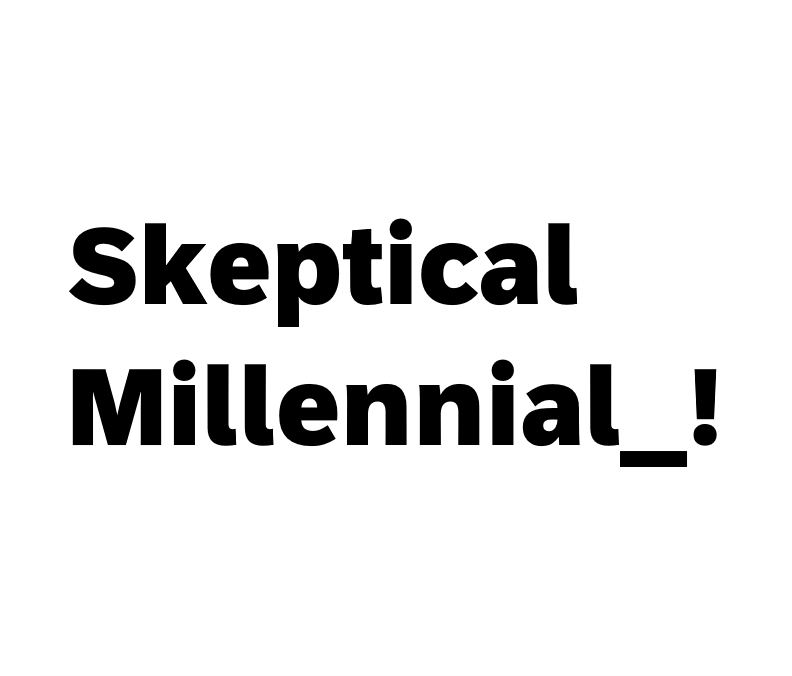The Role of Technology in Mental Health Support: Apps, Chatbots, and Teletherapy
In an age where technology is revolutionizing every aspect of our lives, it comes as no surprise that it has also found its way into the field of mental health support. With the current global health crisis causing a surge in mental health issues, the importance of accessible and effective mental health services cannot be overstated. Thankfully, technology offers a variety of solutions, such as apps, chatbots, and teletherapy, that can greatly enhance mental health support.
One of the most popular forms of technology-based mental health support is mobile apps. These apps provide users with a wide range of tools and resources to manage their mental well-being. From meditation and relaxation techniques to mood tracking and journaling, these apps offer a convenient way for individuals to monitor and improve their mental health. Additionally, some apps even offer features like guided therapy sessions and virtual support groups, allowing users to connect with trained professionals and peers within a safe and anonymous space.
Another innovative use of technology in mental health support is chatbots. These computer programs are designed to simulate human conversation and provide users with emotional support and guidance. With the ability to engage in live chat conversations, chatbots can offer immediate assistance to individuals in need. They can provide resources, coping strategies, and even offer referrals to mental health professionals when necessary. Although chatbots cannot completely replace human therapists, they can serve as a valuable first point of contact, especially in situations where immediate help is required.
Teletherapy, or online therapy, is yet another technology-driven approach that has gained popularity in recent years. With teletherapy, individuals can connect with licensed therapists via video calls, phone calls, or even text-based messaging platforms. This method offers the flexibility and convenience of receiving therapy from the comfort of one’s own home, making it particularly appealing for those who have limited access to traditional in-person therapy. Additionally, teletherapy eliminates the geographical barriers that often hinder individuals from seeking mental health support. This means that individuals living in rural or remote areas can now access the care they need.
While technology undoubtedly plays a crucial role in enhancing mental health support, it is essential to consider the challenges that come with its implementation. One such challenge is billing reconciliation, the process of verifying and settling the financial transactions between patients, insurers, and mental health professionals. As more mental health services are provided online, ensuring accurate billing becomes increasingly important. Technology can greatly simplify this process by automating billing and reimbursement procedures, reducing the chances of errors and ensuring timely payments.
In conclusion, technology has proven to be a valuable tool in expanding the reach and effectiveness of mental health support. Apps, chatbots, and teletherapy platforms offer a range of options that make mental health resources more accessible and convenient for individuals in need. In conjunction with the proper implementation of billing reconciliation systems, technology has the potential to greatly improve mental health services and positively impact the lives of millions worldwide.
************
Want to get more details?
Skeptical Millennial
https://www.skepticalmillennial.com/
Unlocking the secrets to millennial moolah magic! Join our money-savvy journey in the world of Personal Finance and Investing

